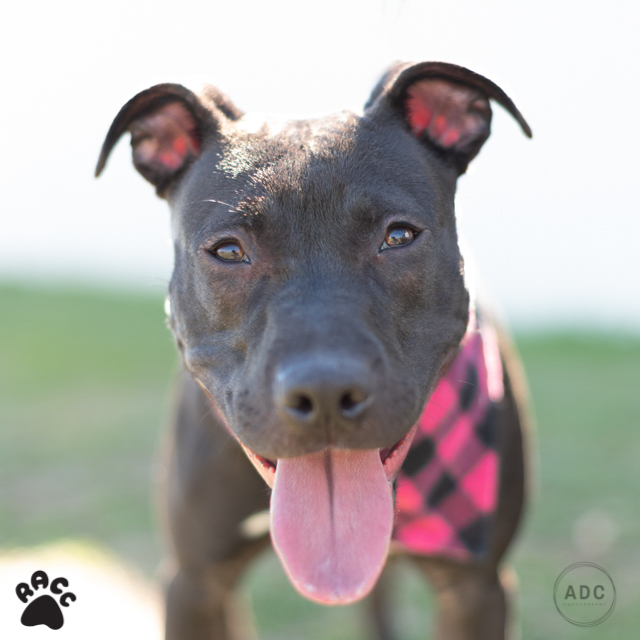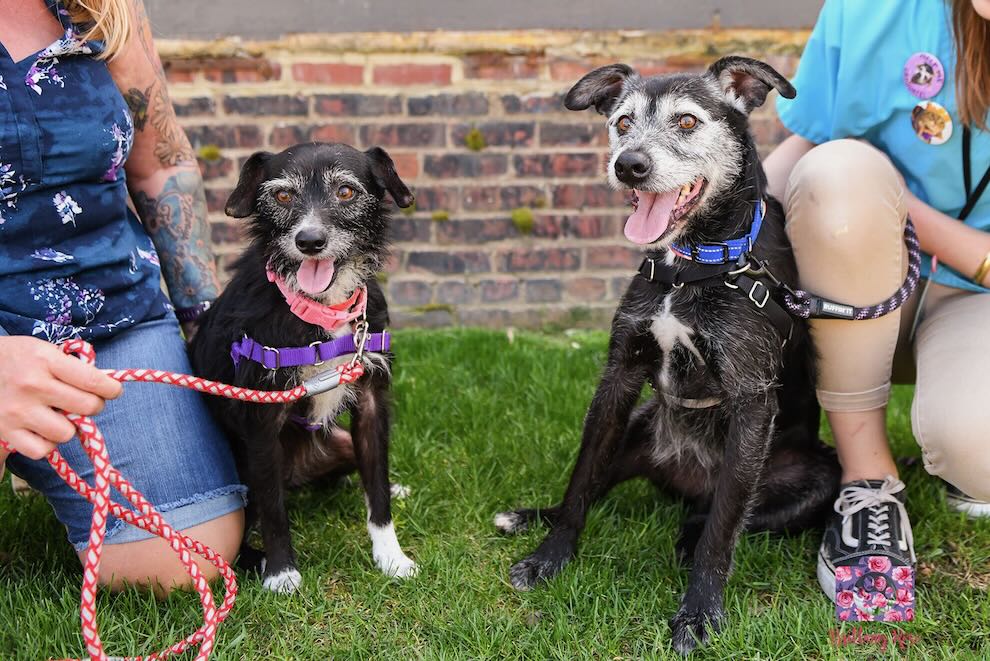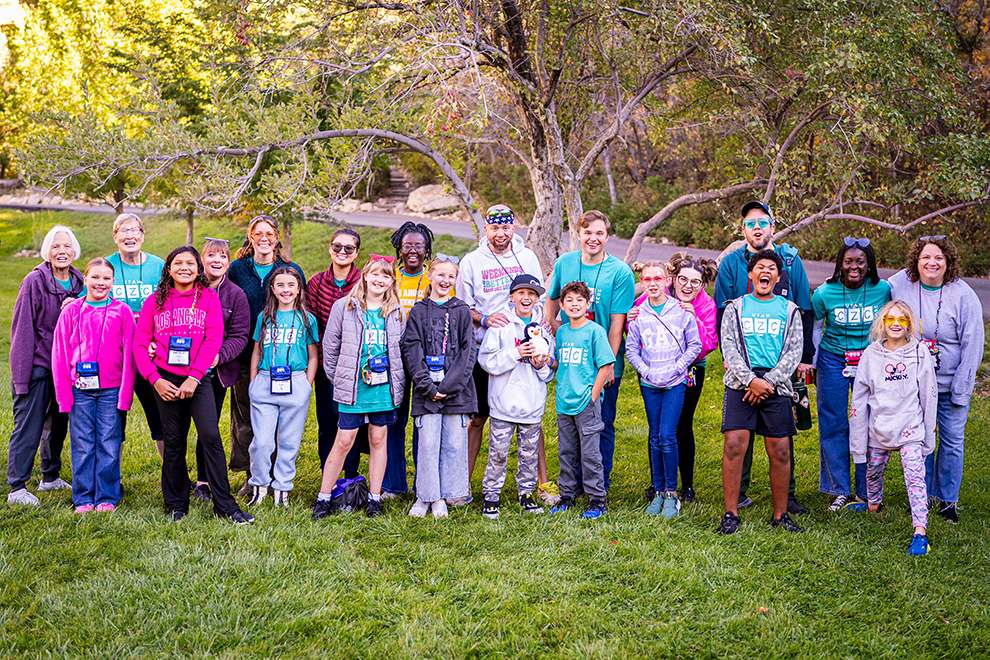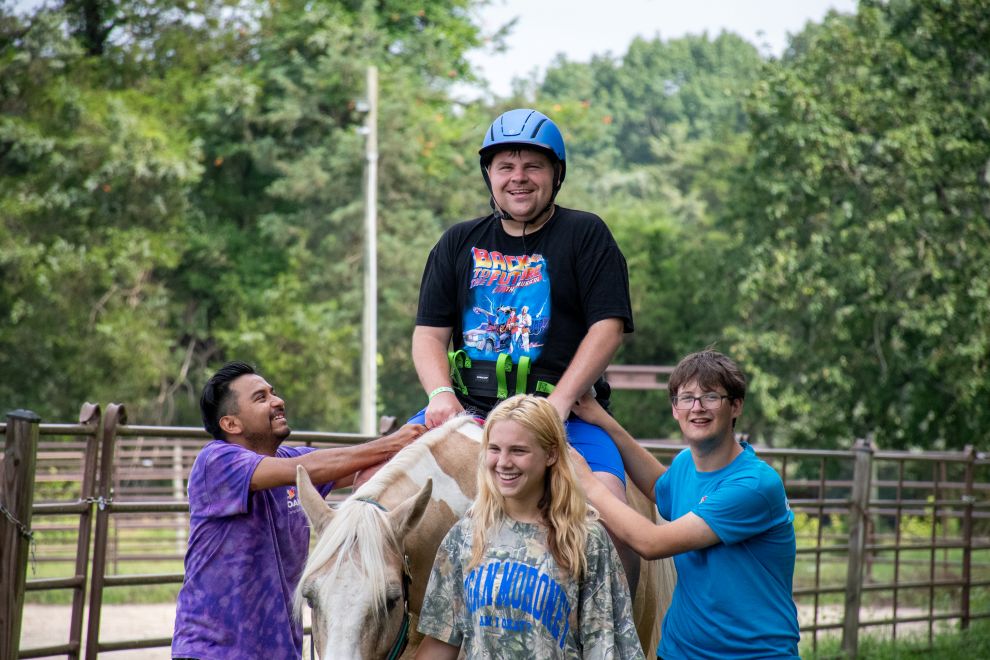Cincinnati Blues at Richmond Animal Care and Control and John Lennon and Yoko Ono at Richmond SPCA are hoping families will celebrate National Adopt a Shelter Pet Day by adopting them.
Cincy, as she is affectionately called at RACC, is an 11-month-old pit bull terrier mix that arrived at the shelter as a stray on March 11. “Cincy is a sweet and energetic dog that would love an outgoing owner to take on walks and exercise daily,” says Robin Young, RACC’s outreach coordinator. “She is good with dogs but we always require a meet and greet to make sure dogs get along before going home. It’s recommended that she be in a home with children over ten years old.”
John Lennon, six, and Yoko Ono, two, are a “wonderful bonded pair and must be adopted together,” saysAnne Goddard Rand, communications specialist at Richmond SPCA. “Both dogs are very sweet and affectionate and love going on walks. They would be the perfect companions for a family or senior adopters.”
Shelters like RACC and Richmond SPCA are full of “wonderful homeless animals that will love unconditionally,” says Tabitha Treloar, Richmond SPCA’s director of communications. “Only by adopting out animals currently in our care are we able to bring in more pets from municipal shelters where those animals’ lives are at risk. Every adoption allows another life to be saved.”
During 2018, Richmond SPCA took into its care 3,842 dogs and cats (it began the year with 222 animals in its care) and over the course of the year, placed 3,743 pets ing loving, lasting homes.
RACC typically takes in just over 3,000 animals per year. “Being an open admission municipal shelter, we never know what is going to come through our doors in need of help or waiting to hopefully be reunited with their owner,” says Young. “For that reason we are in a constant ebb and flow of animals coming in and out.”

Shelter Pets are Appreciative of Being Rescued
Shelter pets are the “best pets in our opinion,” Young says. “In most cases, they end up in a shelter through no fault of their own from owners that just give up on them. The number of animals euthanized in shelters across the country would be drastically reduced if more people considered adoption. Shelter animals typically are fully vaccinated, spayed, or neutered, as well as micro-chipped.”
When you’re looking at shelter dogs it’s important to focus on the pet’s personality “and how you and other family members connect in the visiting room,” says Treloar.
The Richmond SPCA’s adoption process begins with a short survey that asks about the home and family so adoption counselors can recommend pets likely to be a suitable match. What ages of children are in the home? How active is the family? Are you interested in doing training or competitive sports with your dog? How long does the dog need to be left alone? What other pets do you have?
“These questions help guide the conversation so we can get to know you and your needs and help pair you with a pet who will be a great fit,” says Treloar.
Each shelter animal has different emotions in the shelter. “It can range from very stressed out to relief and comfort,” says Young. “Shelters can be loud and stressful environments for many animals. It’s not uncommon to see a better, more stable animal outside of a shelter environment in a home.”
Home, Sweet Home
Adopters need to expect an adjustment period as they get to know their and their pet gets to know them. “Even for adult dogs who may have previously been house-trained, you’ll need to help them learn the routine and expectations in your home and they may have a few accidents along the way,” Treloar says. “It’s a good idea to introduce a pet slowly to his or her new home before giving full access to roam freely when you’re away. Our trainers are big advocates of crate training so that a dog doesn’t have the opportunity to get into trouble when unsupervised.”
Shelters receive animals on a daily basis so it’s wise to visit weekly if you are looking to adopt “and always check shelter websites and social media for updates,” Young says.
Check out pets available for adoption at Richmond SPCA or Richmond Animal Care and Control.





